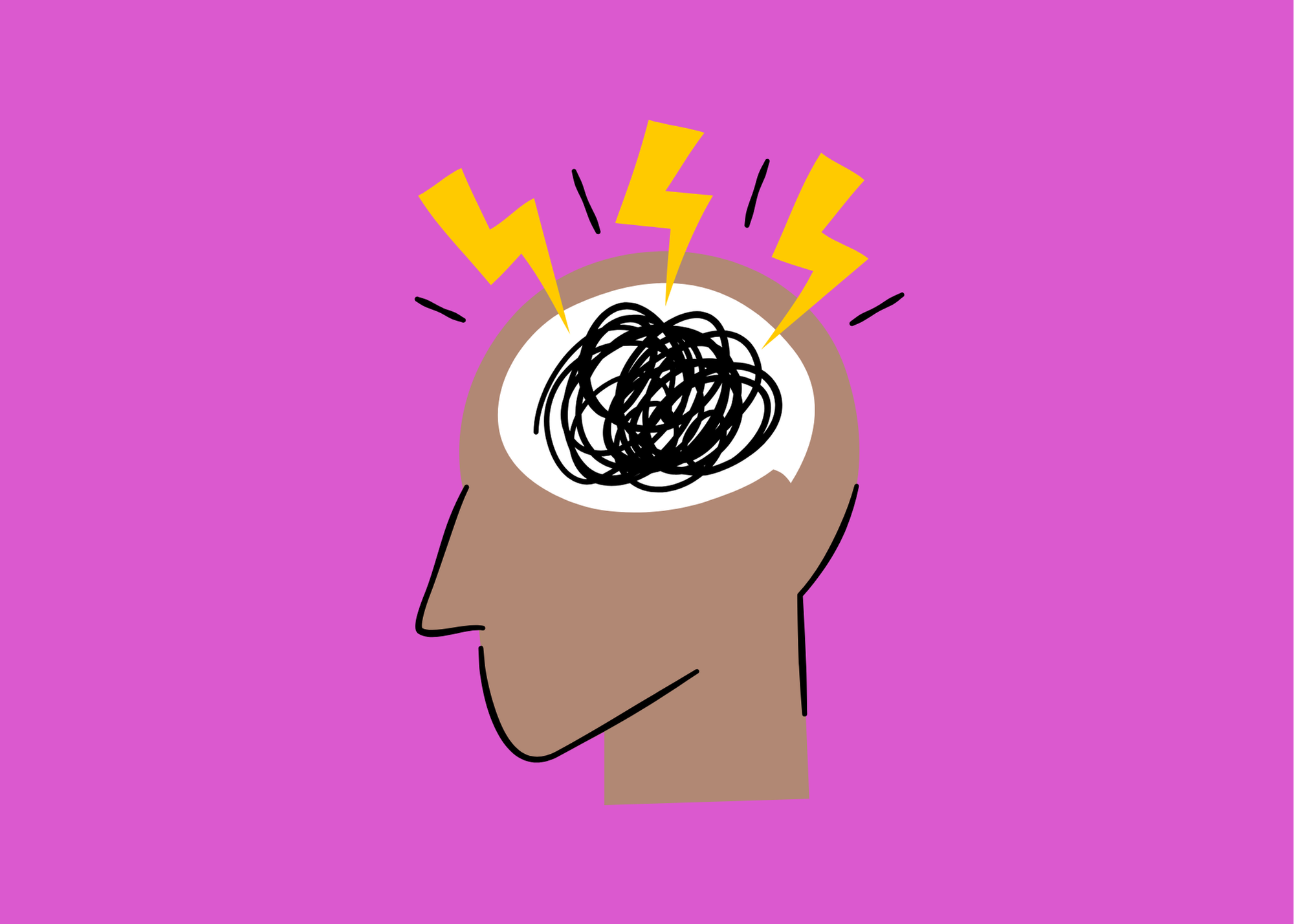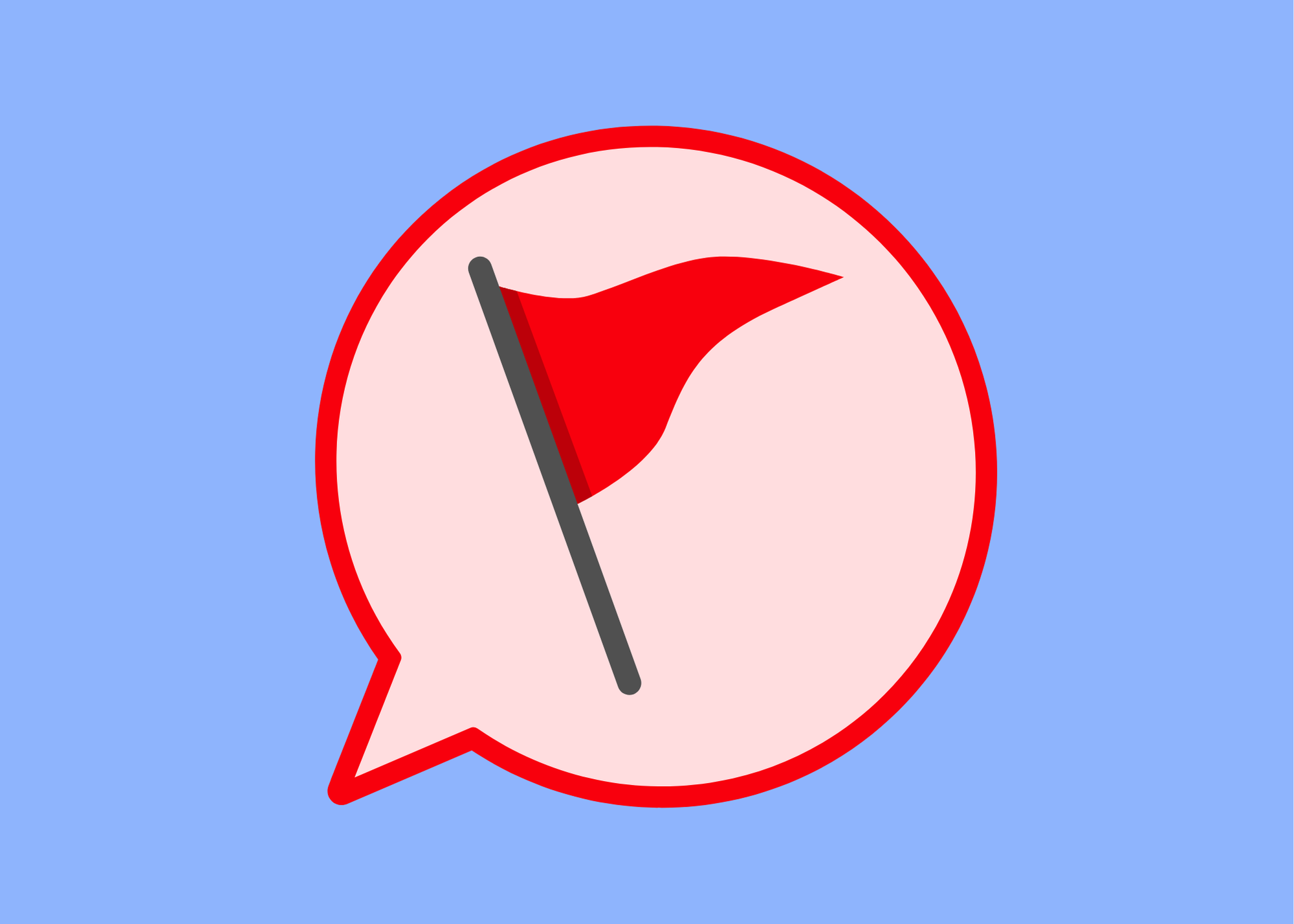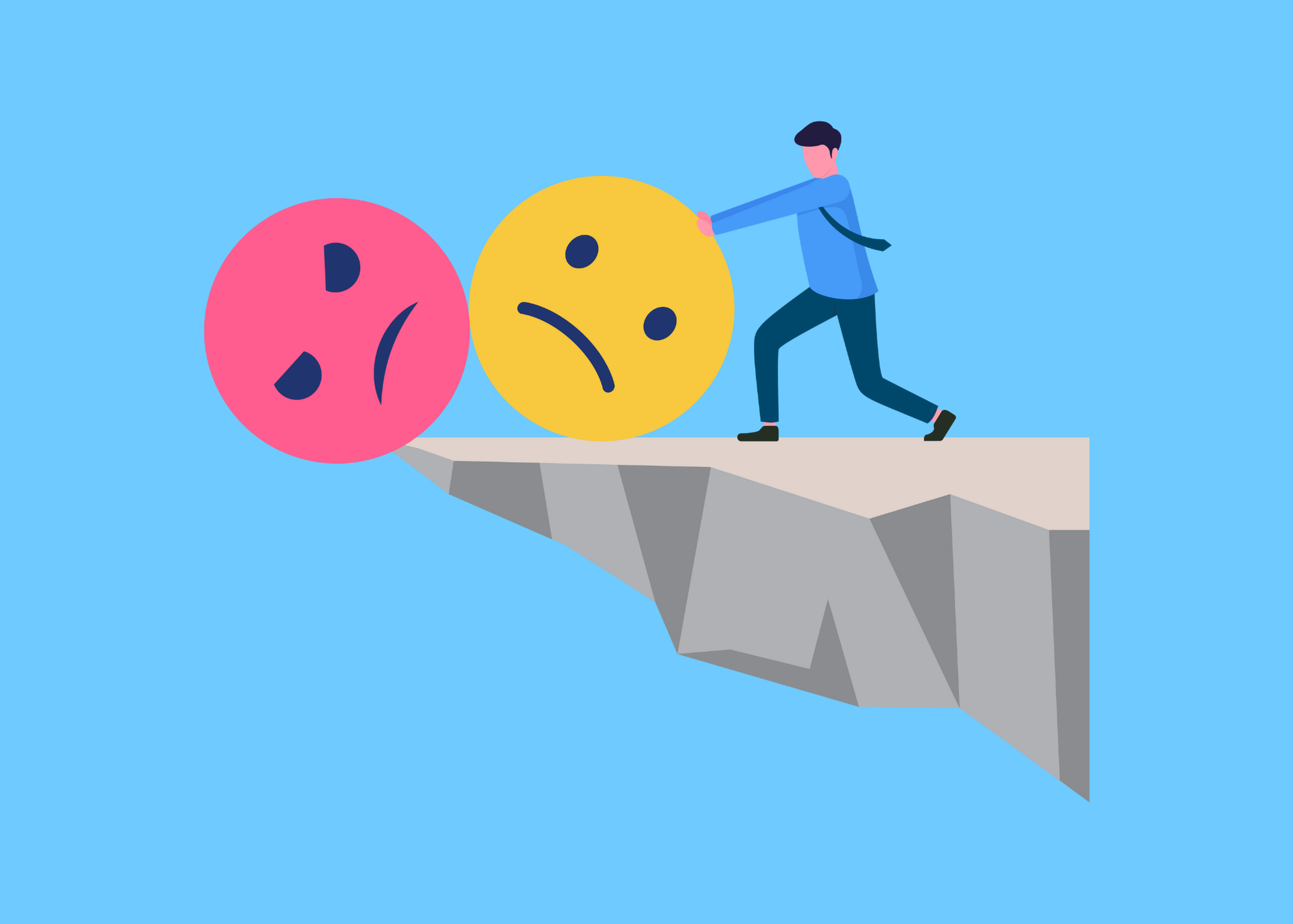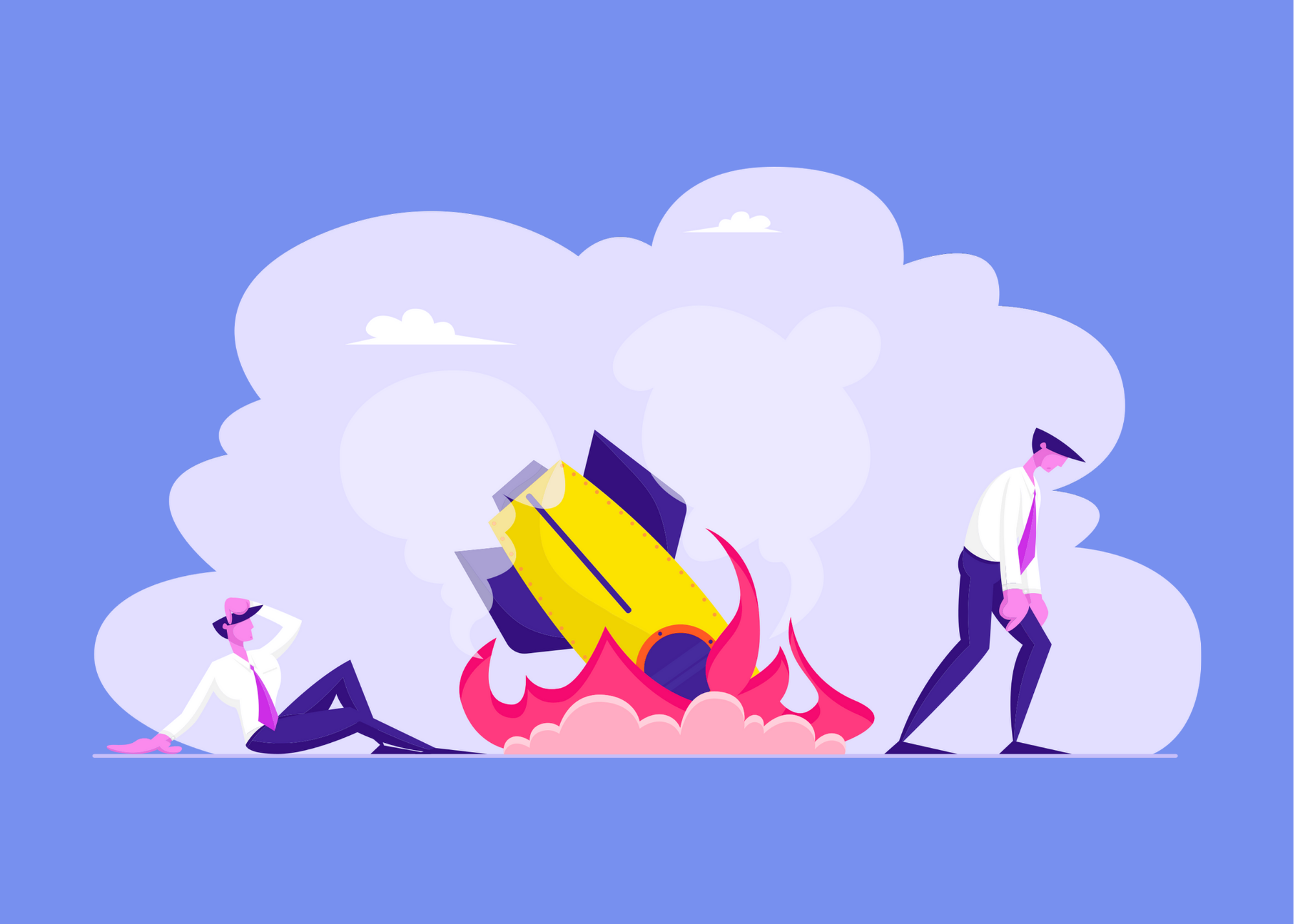Tactical Journaling: The Stress Management Strategy Smart Professionals Are Actually Using
Stop Thinking About It. Start Writing.
It’s easy to dismiss journaling as irrelevant—a hobby for those with too much free time and too little on their plate.
Let’s be honest: when you hear the word “journaling,” you probably picture a teenager locked in their room, pouring out melodramatic secrets into a glitter-covered notebook.
Not exactly the image of a top-performing executive or a battle-tested entrepreneur.
But here’s the twist: tactical journaling isn’t a sentimental pastime—it’s a high-performance strategy. It's mental optimization for people who actually have real problems to solve and serious goals to crush.
It’s not cute. It’s not fluffy. It’s not optional.
It’s tactical. Strategic. Necessary.
If you're serious about managing stress, beating burnout, and staying sharp in high-stakes environments, tactical journaling should be part of your toolkit—right alongside your morning coffee and your project management software.
What Tactical Journaling Actually Is (And Isn’t)
Let’s set the record straight: tactical journaling is not about chronicling every minor inconvenience or gushing about your feelings like a bad reality TV confessional.
It’s about data gathering, emotional processing, and strategic reflection.
Think of it like a personal debrief session—you are both the CEO and the Board of Directors.
Done right, tactical journaling helps you:
✓ Identify stress patterns before they explode into full-blown crises
✓ Sharpen decision-making under pressure
✓ Regain control when chaos hits
✓ Monitor your emotional ROI (yes, it’s a thing)
Bottom line: this practice isn't self-indulgent—it’s self-leadership
Why Journaling Works: Science, Not Sentiment
Still skeptical? Good. Smart people ask for receipts.
Here’s what the science says:
Journaling Reduces Stress
Research shows that writing about emotional experiences decreases activity in the amygdala (your brain’s panic button) and increases prefrontal cortex engagement (your rational command center).
Translation? You stay cooler under fire.
It Improves Mental Clarity
Journaling acts like a mental Roomba, cleaning up cluttered thoughts so you can focus and prioritize more effectively.
It Boosts Emotional Regulation
Regular reflective writing enhances emotional intelligence and resilience—key traits for surviving (and thriving) in demanding environments.
It Builds Resilience
Studies in Psychological Science and Journal of Consulting and Clinical Psychology have found that expressive writing strengthens adaptability and problem-solving skills—essential for weathering uncertainty and change.
In short: tactical journaling isn’t about being “in your feelings.”
It’s about making better decisions, faster—with a calmer, clearer mind.
How Tactical Journaling Attacks Stress and Burnout
Busy professionals don't burn out because they’re weak.
They burn out because they lose sight of two critical things: perspective and control.
Tactical journaling restores both.
Here’s how:
Externalizing Chaos
When your mind is spinning, writing forces you to externalize the mess.
On paper, problems stop feeling like infinite monsters and start looking like solvable puzzles.
Clarifying Priorities
Burnout thrives in ambiguity.
Journaling cuts through the noise so you can reconnect to what actually matters.
Tracking Micro-Wins
High achievers are terrible at celebrating progress.
Journaling helps you spot (and savor) small victories, which fuels momentum.
Building Psychological Flexibility
By confronting challenges on paper, you train yourself to adapt faster when life throws the inevitable curveball.
In other words: tactical journaling isn’t a nice-to-have. It’s a professional survival skill.
Tactical Journaling for Busy Professionals: Practical Prompts
Good news: you don’t need to spend an hour a day writing long-winded essays about your inner child.
Five minutes of smart, focused journaling can be enough to reset your mind and keep burnout at bay.
Here’s a tactical breakdown:
Daily (3–5 minutes)
Morning:
What are my top 3 non-negotiable priorities today?
How do I want to show up (mentally, emotionally)?
Evening:
What went well today—and why?
What challenged me—and what can I learn from it?
Weekly (10 minutes)
What progress am I proud of?
Where did stress show up—and how did I handle it?
What do I need to adjust going into next week?
Monthly (15–20 minutes)
What patterns am I noticing in my stress, energy, or productivity?
Where have I drifted from my core values or goals?
What’s one win I want to build on next month?
Quarterly (30–45 minutes)
What's the biggest lesson I've learned this quarter?
How aligned is my daily work with my bigger vision?
What habits are helping me—and what habits are quietly sabotaging me?
Annual (1–2 hours)
What were my proudest moments this year (personally and professionally)?
What resilience skills did I strengthen this year?
What’s one bold priority I want to claim for the year ahead?
Beyond Burnout: The Extra Wins of Tactical Journaling
Tactical journaling isn't just about dodging burnout (though that's reason enough).
It also unlocks higher-level benefits, including:
Enhanced Creativity
Mental space = innovative ideas.
Regular journaling clears the runway for next-level problem solving.
Better Communication
Writing about tricky interpersonal dynamics boosts emotional intelligence—critical for managing teams, clients, and colleagues with less drama.
Improved Sleep
A pre-bed journaling ritual lowers cognitive arousal (translation: fewer 3AM strategy spirals).
Real-World Inspiration: Who’s Actually Doing This?
Still worried journaling is “soft”?
Let’s look at some hard-charging names:
Aubrey Marcus (Own the Day, Own Your Life) uses tactical journaling to align his daily actions with his highest values—stressing its role in mental optimization, not emotional indulgence.
James Clear (Atomic Habits) advocates journaling as a way to track behaviors, spot patterns, and build resilience—the real kind, not the hashtag version.
Tim Ferriss (Tools of Titans) swears by journaling as a decision-making aid and stress-reduction tool. He calls it a “meta-cognition” exercise: thinking about how you think, so you can think better.
Successful people journal not because they have time to burn—but because they don't.
Getting Started: Tactical Tips for High Performers
1. Start Tiny
Commit to 3–5 minutes a day.
Keep it so easy it’s almost impossible to fail.
2. Pick Your Tools
Old-school notebook? Voice memo app? Google Doc? Doesn’t matter.
The best tool is the one you’ll actually use.
3. Tie It to an Anchor Habit
Link journaling to something you already do daily—morning coffee, lunch break, shutdown ritual.
4. Don’t Worry About “Doing It Right”
Messy handwriting, incomplete sentences, bad grammar? Who cares. You’re not submitting this for a Pulitzer.
5. Review Regularly
Skim your old entries monthly or quarterly to spot patterns and celebrate progress.
Reflection without review is just noise.
Final Thoughts: Stop Thinking About It. Start Writing.
Tactical journaling is not a trend. It’s not self-help fluff.
It’s a battle-tested tool for building the kind of mental resilience today’s high-pressure world demands.
If you’re juggling complex projects, managing demanding teams, chasing big goals—and trying to stay sane while you’re at it—this habit isn’t optional anymore.
It’s critical infrastructure.
Start today. Stay consistent. Then watch how much sharper, calmer, and more unstoppable you become.
Your journal is waiting. And trust me—so is your next breakthrough.
Need Help? You’re doing all the things. But something still feels off.
Journaling can reveal what your to-do list never will: how you actually feel.
💡 Let’s turn reflection into recovery. Book your free 20-minute consult today.
Article References
The sources cited in the article:
Aubrey Marcus. "Journaling for Relaxation." Aubrey Marcus - Journaling for Relaxation
Forbes. “How to Use Journaling to Achieve Your Goals.” Forbes- How To Use Journaling to Achieve Your Goals
Inc. "Writing in a Journal Has Helped Me Create My Future and Achieve My Goals." Inc - Journaling Helped Me Create My Future
National Institutes of Health (NIH). "Journal Writing as a Teaching Technique to Promote Reflection.” NIH - Journal for Reflection
Tony Robbins. “6 Ways Journaling Can Transform Your Life.” Tony Robbins - 6 Ways Journaling Can Transform Your Life
Positive Psychology. “5 Benefits of Journaling for Mental Health.” Positive Psychology - 5 Benefits of Journaling for Mental Health






